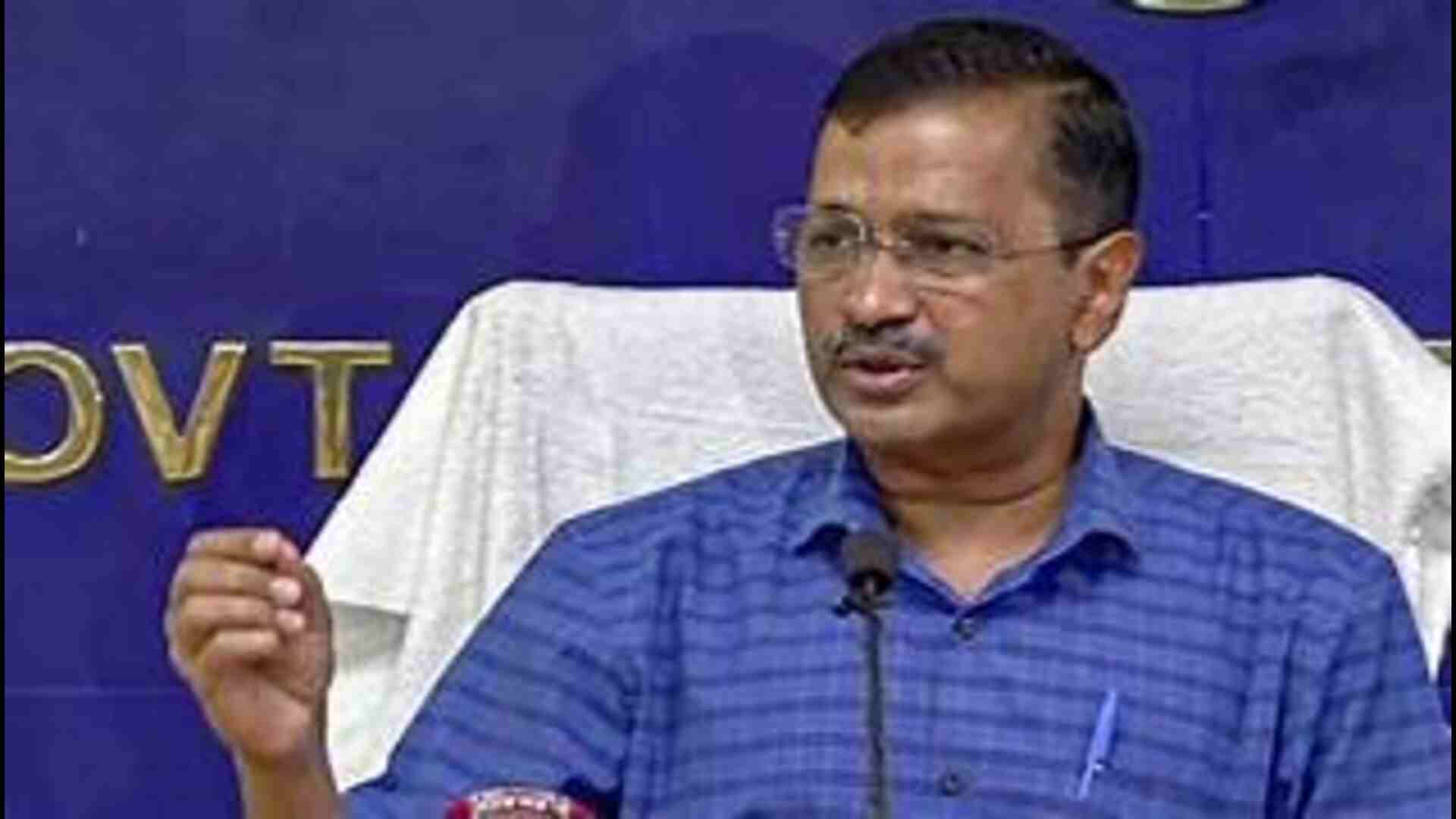Keir Starmer, leader of the Labour Party, is set to become the next Prime Minister of the UK after a significant win in the parliamentary elections held on 4 June. This victory ends 14 years of Conservative rule. Outgoing Prime Minister Rishi Sunak acknowledged the defeat and congratulated Starmer.
Reasons for Conservative Defeat
- The Conservative Party’s long tenure led to voter fatigue, as no party has won five consecutive terms in UK history.
- UK politics often cycles between the two major parties every 10-15 years.
- The Conservatives ruled from 1979 to 1997 and from 2010 to now, with Labour ruling in between. Voters were ready for change.
Economic and Policy Failures
- The Conservative economic policies, including tax increases and high immigration, harmed their popularity.
- Nigel Farage’s new party, Reform UK, attracted about 15% of voters, taking support away from the Conservatives.
A Series of Scandals
- Approximately 15% of voters have moved their support from the Conservative to other parties due to dissatisfaction with current management.
- A Conservative politician admits that recent controversies have negatively impacted the party’s reputation.
- Since 2010, the Conservative Party has seen a decrease in support, linked to leadership issues and the handling of Brexit.
- The government’s trustworthiness was questioned during the COVID-19 lockdowns because of perceived inconsistencies.
- A woman on a talk show discusses her switch from the Conservatives to Labour, citing trust issues.
- Under new leadership, the Labour Party has introduced policies aimed at meeting societal needs.
Rise of Labour Party
The Labour Party, under Keir Starmer’s leadership, is shifting towards more moderate policies, focusing on improving public services and the economy. Starmer is praised for his clear and sensible political approach. Meanwhile, Rishi Sunak, despite managing the economy well during the pandemic, faced criticism over tax policies and did not gain expected success in local elections. The Labour Party is distancing itself from previous far-left ideologies and tackling issues like anti-Semitism.
Comparisons with Europe
- Right-wing parties are gaining traction in Europe, with leaders like Wilders in the Netherlands and Farage in the UK shaping the discourse.
- Farage’s Reform UK aims to redefine conservative politics, while Starmer’s position could strengthen if right-wing votes split.
- There’s a debate on whether these movements echo past fascist trends, but the longevity of this comparison is uncertain.
- The CNN report suggests that broader societal issues in Britain could fuel far-right popularity if they resonate with the public.
What Lies Ahead
- The Conservative party needs to rebuild and possibly redefine itself after this defeat.
- The rise of Reform UK shows strong right-wing sentiment, which may further push the Conservatives to the right, complicating Labour’s task.
- Labour now faces the challenge of addressing the economic and social issues that led to the Conservatives’ downfall while managing growing populist sentiments.
The Conservative Party’s defeat was due to a combination of voter fatigue, economic missteps, and the rise of a new right-wing party. Labour will now need to address these issues while navigating a changing political landscape.







